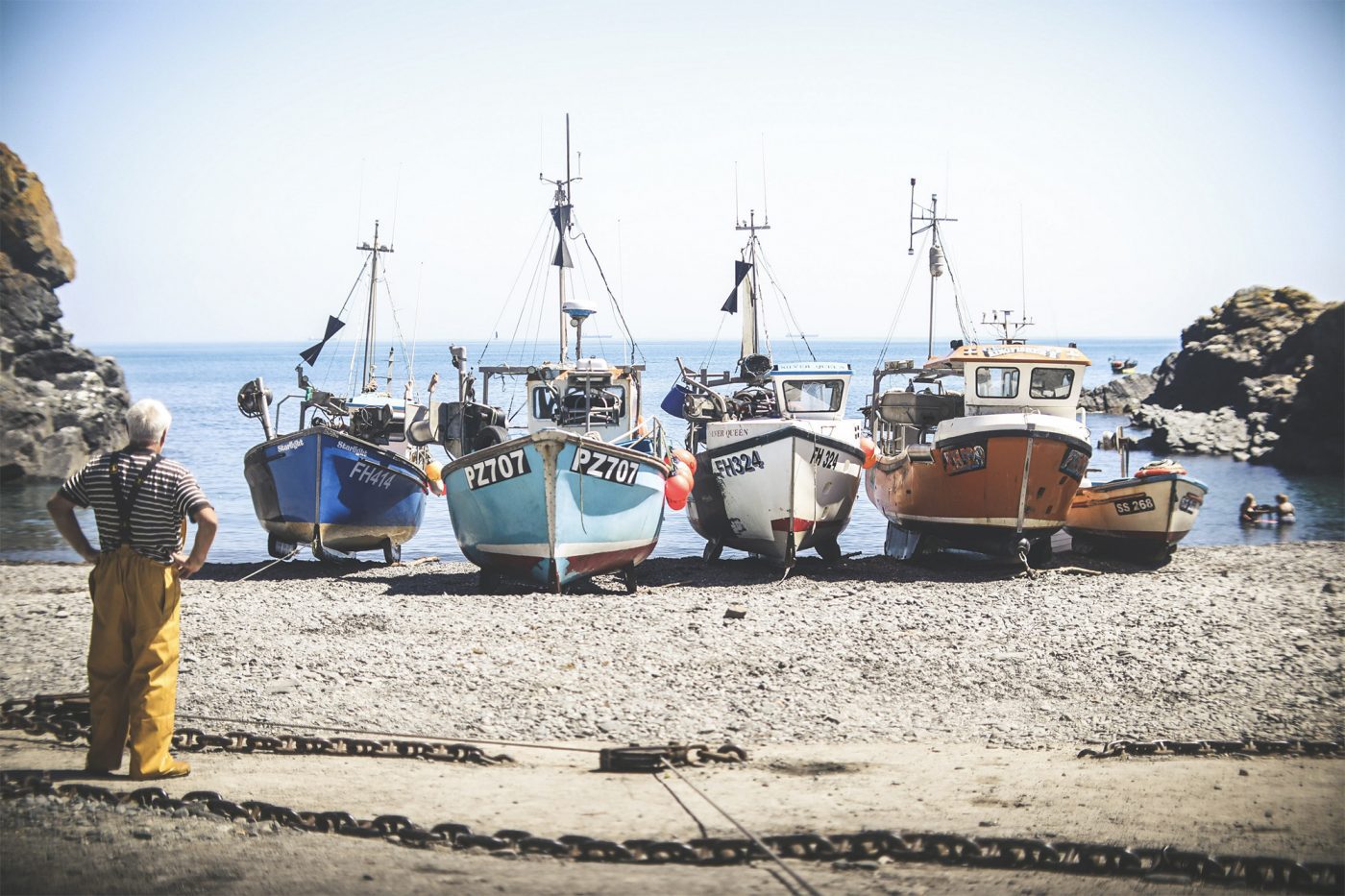Fishing is in the limelight more than ever, but not always for the right reasons. A powerful anti-fishing lobby works to distort the truth about the real environmental effects of fishing in order to generate moral panic. We don't claim fishing is environmentally benign - no source of food production can avoid generating an environmental footprint - but fishing harvests a self-renewing resource using few inputs, which means that on this fundamental level it compares favourably with other forms of food production. We continue to strive to help manage and improve the environmental footprint of the fishing industry, as we should, but it is important that the public are made aware of what is distortion versus the truth about the sustainability of fishing.
Sorting out the wheat from the chaff to work out the truth about sustainable fisheries can be difficult. A good place to start is the Sustainable Fisheries website of the University of Washington.
Seaspiracy is the latest “disaster” docu-drama that focuses on fishing. With its ambition for shock-and-awe, it has little regard for the truth and complexity of its subject matter. Emily De Sousa, fisheries scientist and food writer, dissects the film’s misinformation (on the Sustainable Fisheries website).
Major findings from two high profile scientific papers published in 2020 and 2021 on marine protected areas, fisheries food production and trawling carbon emissions generated by sediment disturbance have been comprehensively debunked.
Last updated: 10/12/21




